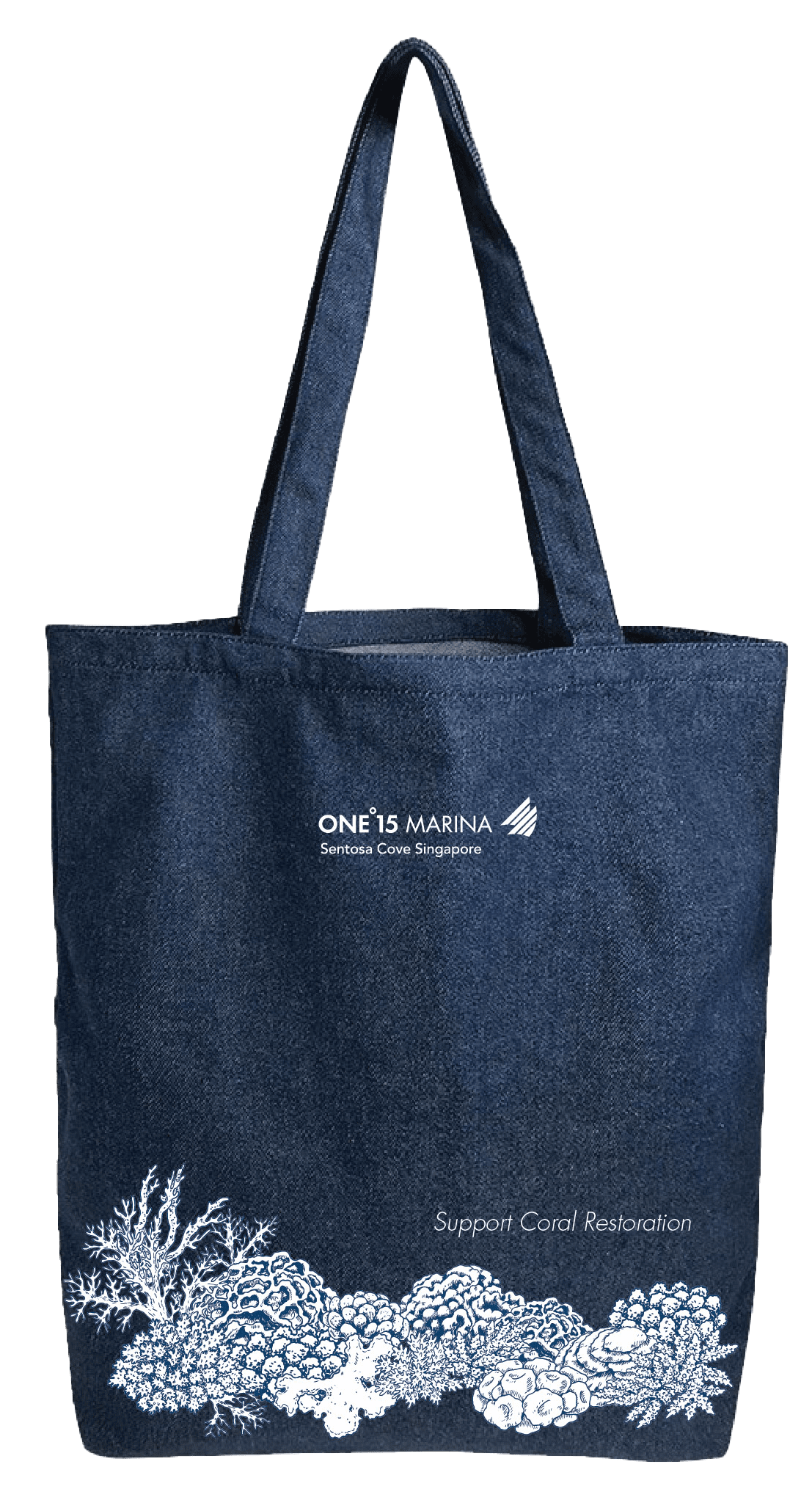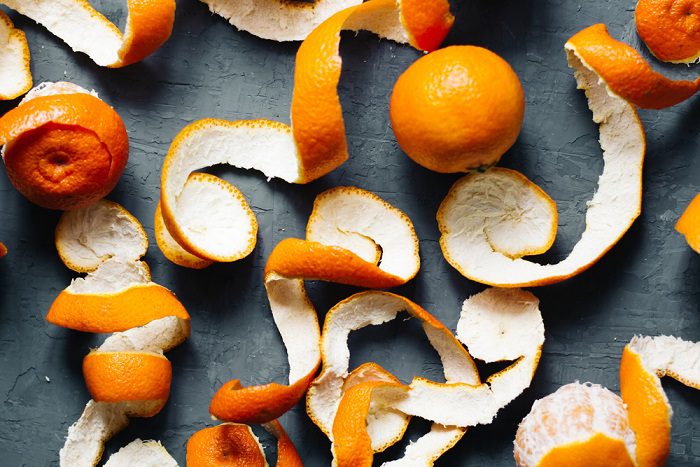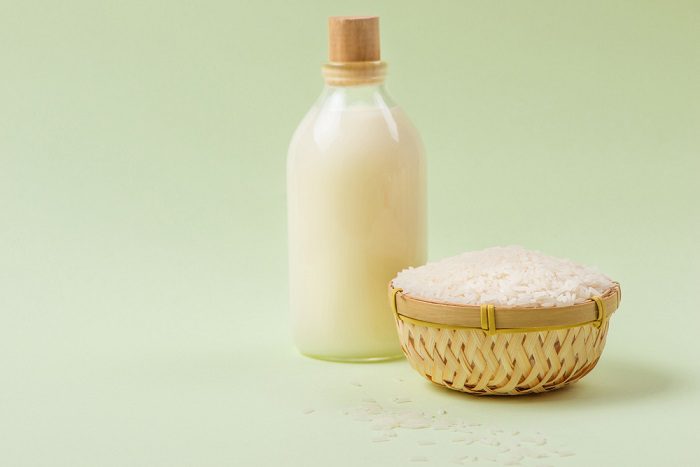6 Innovative Tips For A More Eco-Friendly Lifestyle
6 Innovative Tips For A More Eco-Friendly Lifestyle
In celebration of our 13th Anniversary, we launched a staycation giveaway where everyone can join in the fun to share your creative eco-friendly tip to win a 2D1N stay at our Marina View Room!
Every year as we celebrate our anniversary, we aspire to give back to the environment and spread awareness on the importance of adopting a green lifestyle. This year, we launched a limited edition tote bag to promote reduction of plastic usage, as well as an online trivia and treasure hunt to educate Members on coral restoration.
Most of all, we also wanted to share the joy of our anniversary celebration with a staycation giveaway at the Club! We asked followers to share their creative and innovative eco-friendly tips with us on social media and garnered almost 800 entries on Facebook and Instagram.
To express our appreciation for the creative and thoughtful entries, we are sharing them in this blog to allow more people to benefit from them. Here are some innovative and fun eco-friendly tips that are very applicable in our homes and can be easily adopted in our daily lives!
- Actively using your reusable bag
- Reuse your plastic bags to clean the showerheads
- Vermicomposting: Recycle your organic waste into healthy soil
- ‘Upcycle’ fruit peels into fruit enzymes for your cleaning needs
- Save water and reuse rice water
- Light up your home with energy-saving LED light bulbs
1. Actively using your reusable bag

Yes, it’s as easy as it sounds! Bringing along a light-weight, reusable bag when you head out will help you reduce your plastic consumption. Having a reusable bag is a good step towards sustainability, but the key is actually actively using them for your daily errands/ shopping to replace plastic use in the long run.
Hence, we recommend to always have a ready reusable bag in your car, work-bag or desk so it is convenient for you to reach out for it when you need one.

Looking for a reusable bag? Check out our limited edition denim tote-bag that is light, foldable and easy to carry around. All proceeds from the sale of the tote bags go directly to the Tropical Marina Science Institute (NUS) to support research and maintenance of the coral garden!
Buy a reusable denim bag here.
2. Reuse your plastic bags to clean the showerheads
Many of us may skip or even forget the importance of cleaning our showerheads regularly. As we use our showerheads multiples times a day, mineral deposits and organic matter build up over time. This clogs the holes, preventing an even flow of water.

But cleaning them is easier than we think. The trick is simply reusing any plastic bags and using vinegar to clean them. In this way, we get to reuse the plastic bags instead of simply throwing them away.
How to clean your showerheads?
- Wipe the dry debris from the holes with a scrubber sponge.
- Mix 2 equal portion of vinegar and white vinegar in 1 cup.
- Pour it into a plastic bag.
- Tie and secure the plastic bag around the showerhead so the holes are soaked in the solution.
- Allow it to soak for 1 hour.
- Remove the bag and run the shower on hot to flush out any loosened dirt.
3. Vermicomposting: Recycle your organic waste into healthy soil

Ever wondered how to repurpose our daily food/ organic waste? Instead of tossing them away as trash, try vermicomposting! An eco-friendly replacement to inorganic fertilizers, vermicomposting is a process where food scraps and green waste are broken down by selected species of earth worms to become nutrient-rich organic fertilizer and soil conditioner.

Now, you can grow plants, herbs or spices from recycling your food scraps/ waste in an eco-friendly and sustainable way!
Here are 5 key benefits of vermicomposting:
- Improves soil aeration
- Enriches soil with micro-organisms and water-soluble nutrients
- Improves water-holding capacity
- Improves seed germination and plant growth
- The worm castings are rich in humic acids, helping to condition the soil and balance the pH levels
To begin your vermicomposting journey, check out the below simple tutorials to learn and get started!
Interested to get your child started too? Watch this fun and animated tutorial to learn more.
4. ‘Upcycle’ fruit peels into fruit enzymes for your cleaning needs

This may be every family’s favourite eco-friendly tip. Skip the commercial cleaning agents and opt for a natural and organic alternative – fruit enzymes!
As commercial cleaning products may contain chemicals which are harmful to the environment, we recommend switching up your usual routine and use your usual fruit peels or scraps to recreate cleaning solutions that can even be used as an air purifier.
Best part? All you need are just fruit peels from pineapples, papayas, oranges or lemons, sugar and water!
Ingredients
- Fruit waste, such as fruit peels, seeds and the flesh. Avoid hard peels from durian husks or mango
seeds. - Brown sugar
- Water (This can even be reused from the residual water from washing of fruits and vegetables!)
- An airtight plastic container. Do not use glass containers.
Method
- Prepare 100g of brown sugar, 300g of fruit peel and 1 litre of water and pour them into a plastic
container. - Give the mixture a good shake and tighten the lid.
- Mark the date that the mixture that was made. Store the container in a cool, dry place away from direct sunlight.
- In the first month, open the lid and stir the mixture once every other day to let out the fermented carbon gas. Continue doing so once a week in the second month and once every 2 weeks in the third month.
- The mixture should be ready in three months.

How to use the enzymes?
- For mopping the floor and general cleaning, pour one mineral bottle capful of the enzyme into 1 to litre of water.
- For washing fruits and vegetables, pour one mineral bottle capful of enzymes into one salad bowl.
5. Save water and reuse rice water

As the title suggests, you can save your water consumption with this eco-friendly tip and protect the environment. The other benefit? It is also an effective way to strengthen and nourish your hair – at no cost!
An Asian time-honoured beauty ritual, rice water is widely used in the olden days and is known to holds an array of vitamin and minerals! The star ingredient – Insoitol is a great nutrient that is able to strengthen and repair hair.
When using rice water, you do not have to make any major changes to your shower routine. Simply wash your hair with rice water after using your shampoo and conditioner!

How to reuse your rice water?
- After you have cooked your rice, pour the rice water in a container and cover it. Let it sit at room temperate for 12 – 24hours. This allows it to ferment and release the vitamins and minerals. Tip: Do not keep it more than 24 hours.
- Refrigerate the rice water until you’re ready to use it.
6. Light up your home with energy-saving LED light bulbs

Do you know? LED light are almost 80% more efficient than traditional light bulbs such as fluorescent and incandescent lights? 95% of the energy in LED light bulbs are converted into light and only 5% is wasted as heat.
LED light bulbs also use less energy than traditional light bulbs which lowers the demand from power plants and decreases greenhouse gas emissions.
Fun fact: A typical 84 watt fluorescent can be replaced by a 36 watt LED to give the same level of light!
Another reason we encourage the use of LED lights is because they do not contain toxic elements as compared to fluorescent lights. The latter may contain chemicals such as mercury which will contaminate the environment when disposed.

Lastly, LED lights also have a longer life span, making them last up to 6 times longer than the traditional lights. This means you can reduce the frequency of replacing your lights and also lower carbon emissions for our environment!

Of course, there are also many popular eco-friendly tips such as using stainless steel straws, using reusable containers for takeaway food orders, switching off electrical appliances when not in use and cultivating a mindful habit to recycle plastic and paper waste.
Through this campaign, we hope to inspire you towards a more sustainable and green lifestyle. To end off the article, we are sharing one of our favourite entries that definitely made our day!


